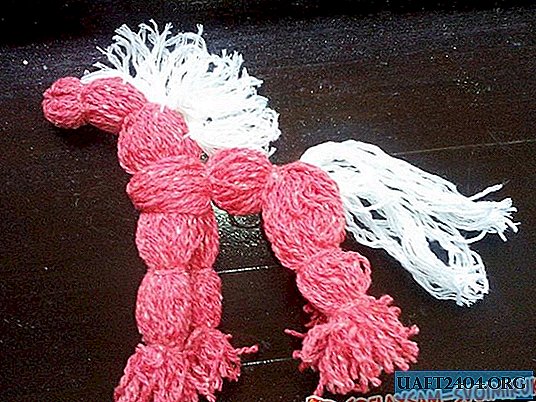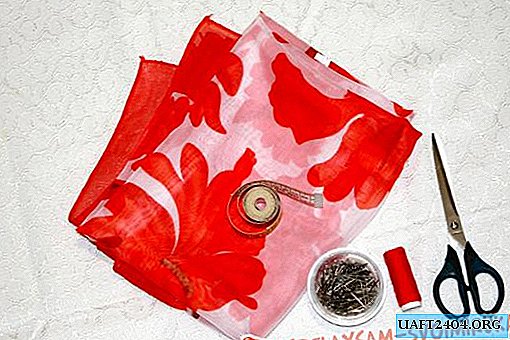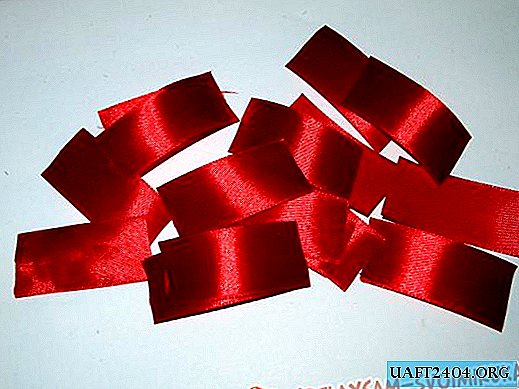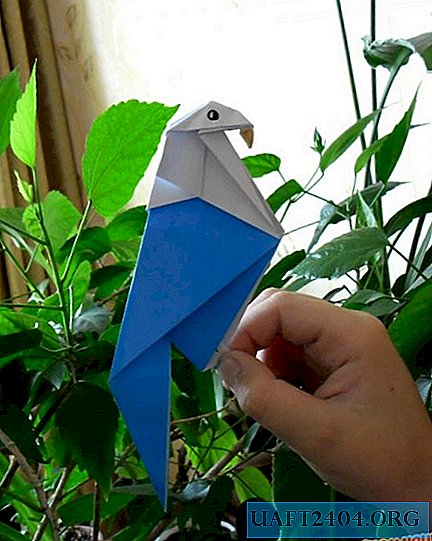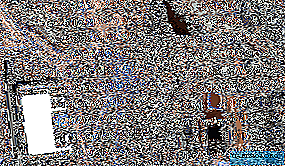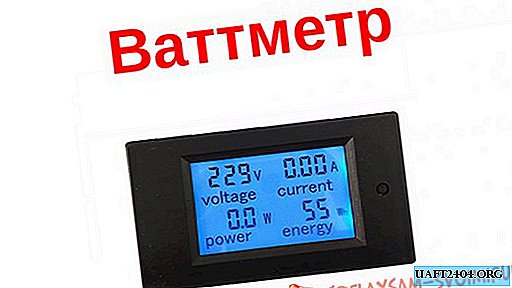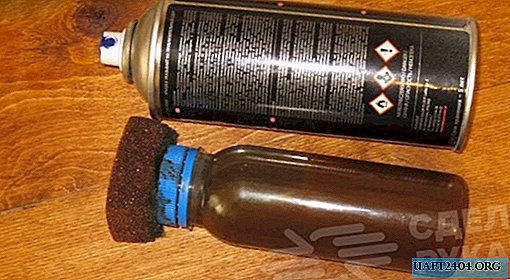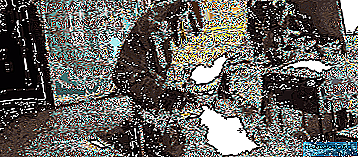Share
Pin
Tweet
Send
Share
Send
1. The manufacture of the volcanic cone
To make a cone model you will need:
1. A plastic bottle.
2. Plasticine.
3. Scissors.
4. Any building mixture - gypsum, putty, dry glue for tiles, ready-made plaster mixes.
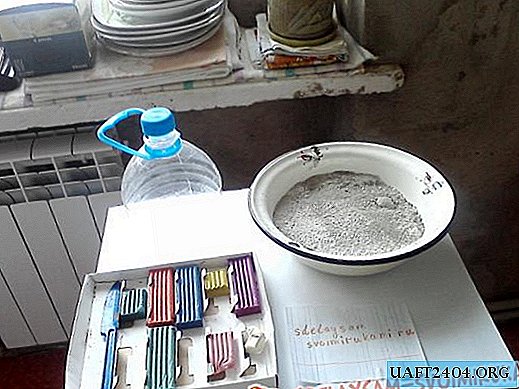
First of all, we cut off the upper third from a plastic bottle.

We drop the lower part - we will no longer need it. With the left third of the manicure scissors left, carefully cut the neck with a small plastic gap - it will play the role of the crater of our future volcano.

We cut the plastic cone with plasticine, modeling the shape of the future volcano.



On it we apply, mixed with water, any building mixture.



In the photo there is a mixture of tile adhesive and acrylic putty, but gypsum, cement or ready-made dry plaster is suitable.

In the cone, tightly and picturesquely coated with putty, we insert the inverted top from the bottle with the lid tightly closed.

In order for the mass to harden, dry and strengthen, we leave the potential volcano for several hours in a dry place.
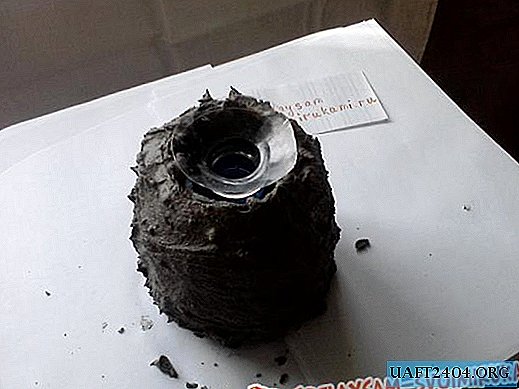
2. Demonstration of a volcanic eruption
To simulate a volcanic eruption, we need soda, 100 ml of vinegar and red watercolor paint.

Brush watercolor paint in a glass with vinegar.

The more coloring matter, the more spectacular the eruption will be.
It is better to put the cone in a dish or bowl so that our "lava" does not stain the table, and pour 2 teaspoons of baking soda into a conditional crater.

After that, slowly pour the colored vinegar into a soda crater.


If you have not mixed up or regretted the components, you will become a witness of a unique sight - the eruption of a home-made man-made volcano.


Such an elementary chemical-geographical experiment can be demonstrated to children of their own who are undergoing a period of fascination with the history and nature of the Earth. No less spectacularly this number looks at lessons at school - in the 6th grade, in the process of studying the topic "Lithosphere".
Share
Pin
Tweet
Send
Share
Send

